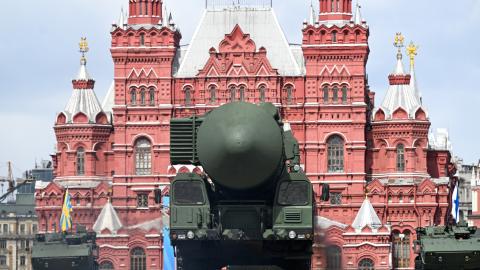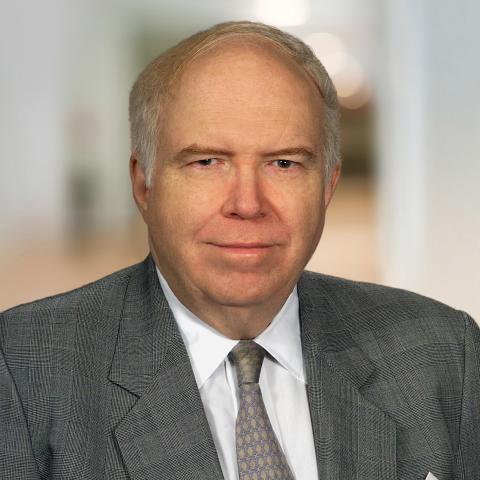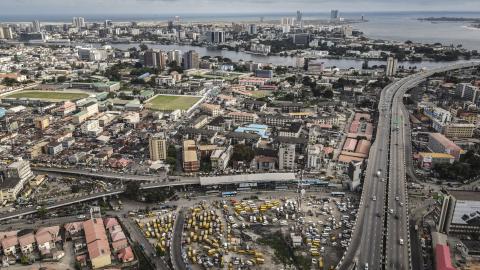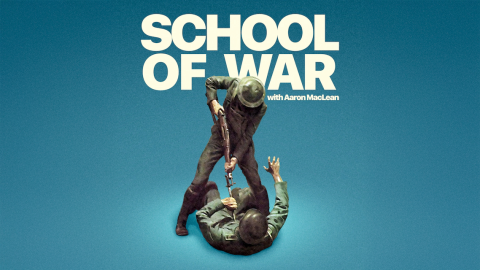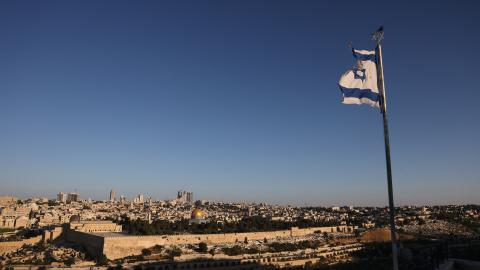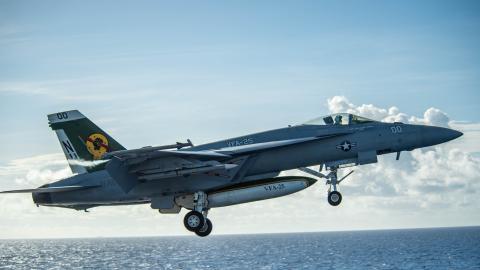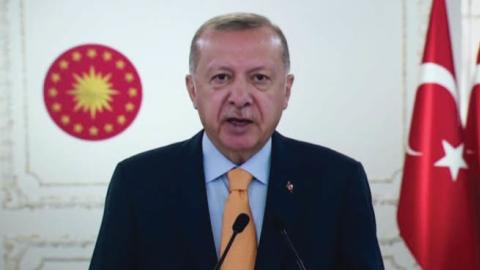As the new world disorder deepens, the recent fighting between Azerbaijan and Armenia shows how middle and small powers are exploiting opportunities while the great powers are distracted by competing priorities.
For Armenians, the fighting stirs memories of past conflicts with Turkey, including the massacre of a million or more Armenians in genocidal violence during World War I. And in the 1990s, some 700,000 Azerbaijanis fled or were driven out of their homes when Armenian forces consolidated control over the disputed region of Nagorno-Karabakh and adjacent territories. This is a war of revenge and survival, and massacres and expulsions of civilians must be expected as hostilities drag on.
From the standpoint of power politics, the war looks like an effort by Turkey’s President Recep Tayyip Erdogan to solidify his power at home while transforming his country’s status in the region. The conflict challenges Russia in perhaps the single most sensitive place on its frontiers: the South Caucasus. The Kremlin wants good relations with both Armenia and Azerbaijan. Its nightmare scenario is conflict in the southern Caucasus that spreads into Russia, where the Chechens are not the only Muslim ethnic minority who chafe under Moscow’s rule.
Read the full article in the Wall Street Journal
